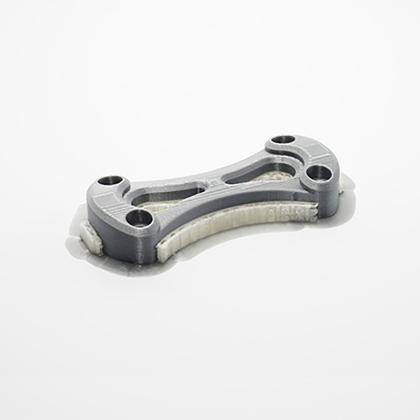Fused Deposition Modeling (FDM) is a widely recognized 3D printing technology that has transformed the way businesses approach product development and prototyping. By utilizing fused deposition modeling services, companies can create intricate designs with precision and efficiency. But what exactly is FDM, and how can it be advantageous for your business?

What is Fused Deposition Modeling?
Fused Deposition Modeling is a 3D printing process that involves the layer-by-layer deposition of thermoplastic materials. The process begins with a spool of filament, which is heated and extruded through a nozzle to form a specific shape. As each layer cools, it solidifies, allowing for the construction of complex geometries. This method is particularly popular due to its affordability and versatility.
Key Advantages of Fused Deposition Modeling Services
- Cost-Effectiveness: FDM is one of the most economical 3D printing methods available, making it accessible for businesses of all sizes.
- Material Variety: A wide range of thermoplastic materials can be used, including ABS, PLA, and PETG, each offering unique properties suitable for different applications.
- Rapid Prototyping: FDM allows for quick turnaround times, enabling businesses to iterate designs rapidly and bring products to market faster.
- Customization: The technology supports custom designs, which can be tailored to meet specific client needs or project requirements.
How Fused Deposition Modeling Services Can Benefit Your Business
Integrating fused deposition modeling services into your business operations can yield significant benefits. For instance, if your company is involved in product design, FDM can facilitate the rapid creation of prototypes, allowing for immediate testing and feedback. This iterative process can lead to improved product quality and reduced development time.
Moreover, FDM is particularly advantageous for small-scale production runs. Businesses can produce small batches of customized products without the need for expensive molds or tooling. This flexibility can be a game-changer in industries such as healthcare, automotive, and consumer goods.
Considerations When Choosing Fused Deposition Modeling Services
When selecting a provider for fused deposition modeling services, it is essential to consider several factors:
- Quality of Materials: Ensure that the service provider uses high-quality filaments that meet your project specifications.
- Technology and Equipment: Look for providers that utilize advanced FDM printers to achieve superior accuracy and finish.
- Experience and Expertise: Choose a company with a proven track record in delivering successful FDM projects.
Conclusion
In conclusion, fused deposition modeling services offer a powerful tool for businesses looking to innovate and streamline their product development processes. By leveraging the advantages of FDM, companies can enhance their operational efficiency and deliver high-quality products to their customers. For more information on how FDM can benefit your business, visit  .
.








